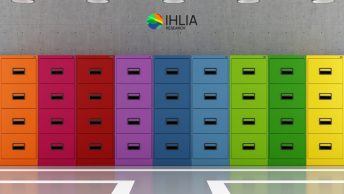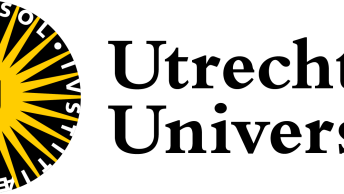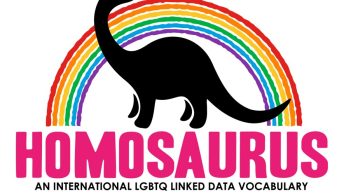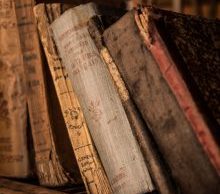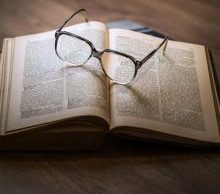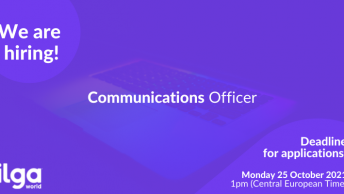How can a critical and nuanced understanding of the evolution of Europe’s LGBTQ+ archives be used by scholars, queer and trans community members, and GLAM (Galleries, Libraries, Archives, Museums) sector workers to forge sustainable strategies for protecting LGBTQ+ history, and in what ways might this have transformative potential for cultural heritage politics and policy more broadly?
Maastricht University, Faculty of Arts and Social Sciences, Department of Literature and Art, 0,7 fte, 2 years / 24 months
To this end, the project will map the growth of Europe’s queer and trans archives, from the 1970s to the present; it will comparatively explore the workings of these collections, including their relations to forms of state support, the understandings of LGBTQ+ history they promote locally, nationally, and internationally, and the alternative models of archiving some embody.
You will work independently and in collaboration with the larger PERCOL team and the principal investigator (PI) of the Dutch team’s sub-project, Associate Professor Eliza Steinbock. Through varied outputs (including a workshop, an exhibition, a conference, and journal articles), the Dutch team will unpack the ‘added value’ that artists might bring to diverse forms of archives and collections. We will explore the role that artists can play in creating, preserving, activating and generating wider awareness of queer, trans, and other subaltern lives and experience.
Requirements
You have a completed PhD in cultural studies, social and political history, gender/sexuality/queer studies, or archive and museum studies (or another relevant topic/field, such as transgender studies, heritage and memory studies, performance studies, visual culture, media studies, art history, social movements).
Having methodological experience in interviewing and archival research is a strong preference.
You must be willing to travel, be open to working together with a team of interdisciplinary scholars on a collaborative project, and have excellent organizational abilities. Ideally, you have previous experience in organizing large-scale scholarly events (that are accessible) and of authoring and co-authoring high-quality academic outputs.
You are fluent in English (Cambridge English Proficiency, level C2, oral and written), since you will be engaging on an international level, collaborating with other team members in English and producing English-language publications. Knowledge of any European or Scandinavian language is an advantage.


